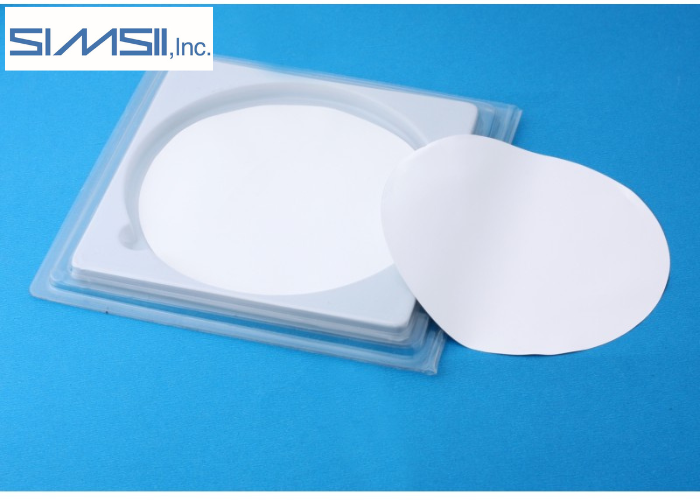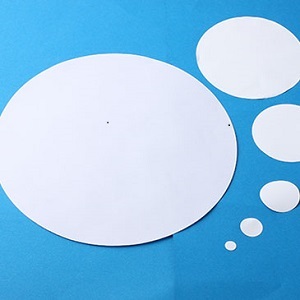It is well known that pressure is used in membrane filtration to force water or any other substance. Through this procedure, the suspended particulate matter is separated from the fluid and soluble components.
Membrane filters, commonly referred to as membranes, are microporous sheets with a range of pore diameters. These are also called microporous filters, screens, or sieves, and they work by surface-capturing microorganisms or particles more significant than their pores. On the other hand, particles smaller than the membrane filter’s pore size are usually retained by different mechanisms.
Types of Membrane Filters
So until now, you got to know what exactly membrane filters are that are commonly referred to as membranes. Now let’s have a look at the many kinds of membrane filters:
Mixed Cellulose Esters
Cellulose acetate and cellulose nitrate are two of these filters. They have a rapid wetting time, are pure, and are very porous. These are standard membrane filters used in laboratories for various tasks like sterilizing biological fluids, analyzing contamination, and monitoring the air.
Coated Cellulose Acetate
These filters contain non-woven polyester support that has cellulose acetate cast onto them. These membrane filters feature higher chemical compatibility and a low static charge matrix. These filters are frequently employed as a prefilter or filter for clarification.
Nylon
These are highly robust membrane filters that are naturally hydrophilic and heat-resistant. Additionally, they are compatible with aqueous and alcoholic solvents and solutions. These filters can prepare samples for HPLC, vacuum degassing, and clarify and sterilize organic and aqueous solvent solutions.
Hydrophilic PTFE
These filters have the most incredible pH and can withstand chemicals. When wet, they have high flow rates and are optically transparent. HPLC (high-performance liquid chromatography) and other organic and aqueous solvent mixtures can use these membrane filters.

Hydrophobic PTFE
These filters exhibit absolute retentive membrane behavior and are extremely porous and thin. Strong bases, strong acids, and solvents with aggressive chemical properties do not affect them. These membrane filters can vent gases and air, sterilize gases, or clarify and sterilize solid acids or solvents that won’t work with other membrane filters.
Application of Membrane Filters
Membrane filters have a variety of uses that are quite beneficial. The membrane filter you select will typically rely on the process you intend to utilize. The following procedures allow you to use these filters:
Ultrafiltration
This procedure is usually used for separating proteins or cold sterilization in the pharmaceutical industry. It’s also helpful in cleaning wastewater and recovering metal in the metallurgy field.
Cross-flow Filtration
The food industry is the primary user of this procedure. It is a filtration technique for opaque liquids like wine, juice, and other things. It is occasionally used in the dialysis process.
Reverse Osmosis
In a pressure-driven approach known as reverse osmosis, the osmosis process is reversed by pressure. It is typically used to treat drinking, aquarium, and process water. It can also be very beneficial for managing wastewater and producing juice concentrates.
Microfiltration
For this process, the filter surface can be made of stainless steel, fabric, or plastic. Biotechnology applications frequently use this process to separate colloidal hydroxides, oxides, or water-oil emulsions.
Nanofiltration
This process uses low-pressure and membrane filters with larger pore sizes. This process is beneficial when softening water and removing heavy metals from drinking water.
Conclusion
From this, we learned about many kinds of membranes and PTFE filter. Here we even concluded the application of membrane filters (like in what process they can be used). Simsii creates and produces high-end disposable syringes and membrane filters that are easy to use and will serve all your laboratory filtration needs.

